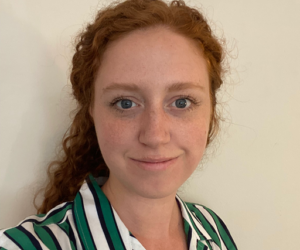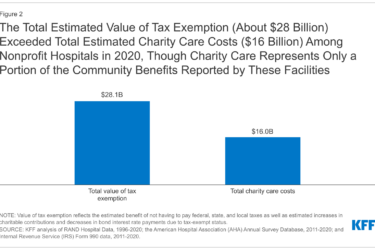About one in five Medicare patients hospitalized for heart attacks, heart failure or pneumonia will be back in the hospital within 30 days.
With the U.S. Center for Medicare & Medicaid Services now penalizing hospitals for high readmission rates, it has become an economic as well as a quality of care issue for many hospitals, which are looking at why their patients are coming back and how they can reduce their number.
It’s a challenging problem and the best models for reducing readmissions may still be in development, said Dr. Susannah Bernheim, acting director of quality measurement for the Centers for Outcomes Research and Evaluation at Yale School of Medicine.
Even at the best hospitals, 27 percent of patients had medication errors on their discharge list, more than half of all discharge summaries were not sent to physicians responsible for following the patient after hospitalization and 71 percent of patients did not know the medicine they were taking, or the frequency they were supposed to take it, panelists said.
“We are not getting it right,” Bernheim said.
One of the best models to help reduce readmission rates may be to put more resources into following up after a patient leaves the hospital, making sure he know what medicine he’s been prescribed, how to take it, and ensuring he gets back to his primary care physician for follow up.
It’s a model Beth Israel Deaconess Medical Center is adopting as it works to reduce its high number of readmissions, said Dr. Julius Yang, a hospitalist and director of clinical operations.
At Beth Israel, about one third of readmissions come within the first seven days; the rest return a week or more after discharge, Yang said. Some patients may have been discharged too early, some may not have understood how to take their medications and some may have lacked the necessary follow up.
Who is responsible for that patient being readmitted is less important that figuring out how to reduce readmissions, panelists said. “We have to collaborate better with primary care physicians,” Yang said.
Dr. Karen E. Joynt from Harvard Medical School showed that socially and medically complex patients were the most likely to be readmitted to the hospital in 30 days, “which seems to point out that it’s not just about the quality of the hospital.”
She called the measure “a blunt instrument” that has had bad consequences for large, safety net hospitals, which treat more complicated cases.
But she and other panelists said they expected better measures, as well as models to coordinate care, in the future.









